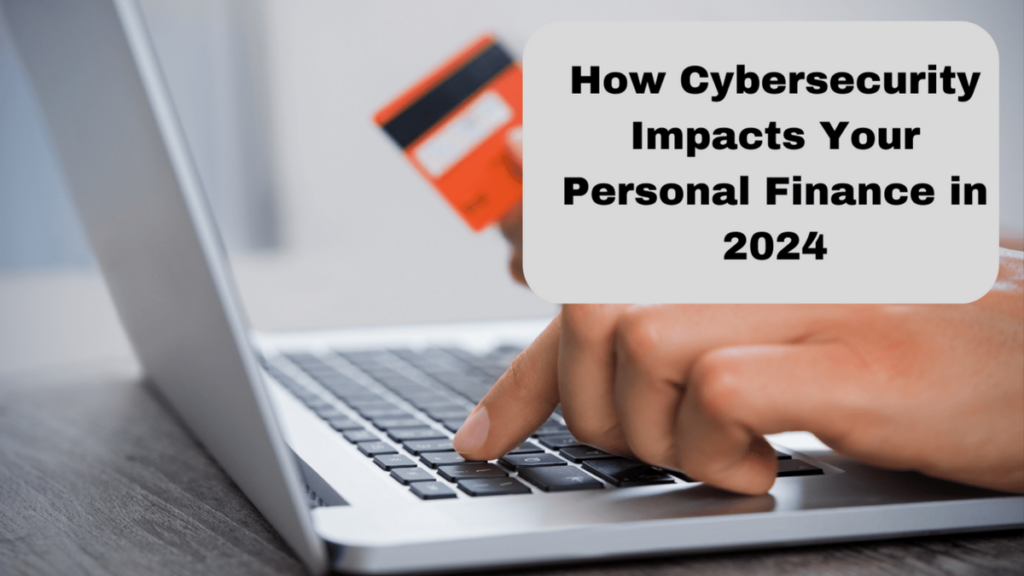Imagine your bank account details dancing naked on the web, your investment portfolio laid bare for hackers to plunder. Welcome to the chilling reality of the digital age, where the financial world dances between convenience and vulnerability. Cybersecurity has become the unsung hero, the silent guardian protecting our financial well-being in this digital minefield. But is it enough? Let’s delve into the profound impact of cybersecurity on your personal finances and understand how to build a fortress, not a facade, around your hard-earned treasure.
Why This Matters
The numbers paint a stark picture. The financial sector is the most targeted industry for cyberattacks, with their frequency tripling in the last decade. And it’s not just megabanks under siege; even minor cyber incidents can wreak havoc on financial stability, shaking the very foundation of trust and confidence. The pandemic further fueled this fire, driving a surge in online transactions and making cybersecurity more crucial than ever.
READ: Cyber Risk is the New Threat to Financial Stability
The Stakes are High
Cyberattacks aren’t just statistics; they translate to real-world consequences for you and me. A successful attack can lead to:
- Financial Loss: Direct theft of funds, unauthorized transactions, and even hijacked investment accounts can drain your hard-earned wealth.
- Identity Theft: Stolen personal information can be used to open fraudulent accounts, rack up debts, and damage your credit score, causing long-lasting financial strain.
- Emotional Distress: Dealing with the aftermath of a cyberattack can be emotionally draining, leading to anxiety, stress, and even depression.
- Personal Relationship Strain: Financial issues often spill over into personal relationships, causing tension and distrust.
- Erosion of Trust in Technology: Constant threats can breed fear and skepticism, hindering the adoption of beneficial technologies.
READ: Why Your Personal Finance Needs a Privacy & Security Shield
Build Your Financial Fortress
While the threats are real, so are the solutions. Here’s how you can actively protect your financial fortress:
- Practice Strong Passwords: Ditch “password123” and embrace complex, unique passwords for each account. Multi-factor authentication adds an extra layer of security.
- Beware of Phishing Scams: Don’t click suspicious links or attachments, and verify the sender’s legitimacy before responding to emails, texts, or calls.
- Stay Informed: Keep yourself updated on the latest cyber threats and security best practices.
- Utilize Secure Tools: Employ strong antivirus software, keep your devices and apps updated, and use secure networks for financial transactions.
- Monitor Your Accounts: Regularly review your statements and transactions for any suspicious activity.
- Choose Secure Fintech Companies: Research their security practices and invest in platforms with robust protections.
The Future of Financial Security
Cybersecurity is not a one-time fix; it’s an ongoing battle. Fintech companies are investing heavily in advanced security measures, employing encryption, fraud detection systems, and even artificial intelligence to combat evolving threats. But individual vigilance remains crucial. Remember, your awareness and proactive steps are the first line of defense in safeguarding your financial future.

